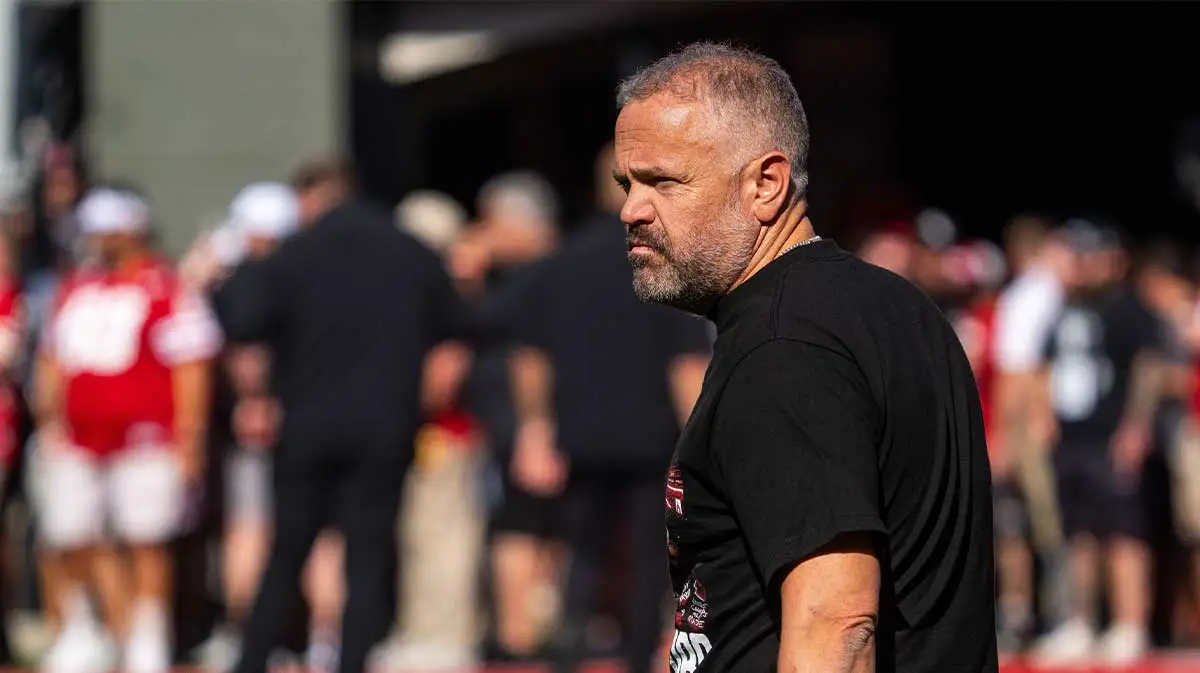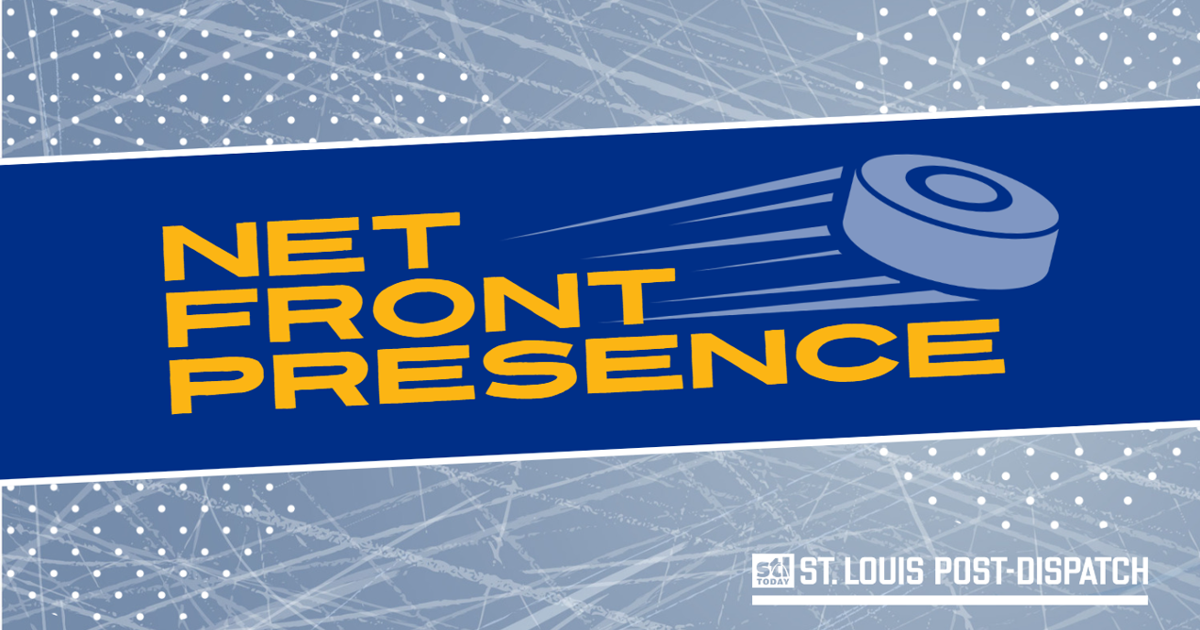
Water is life in Colorado, and everyone knows it. From the farmer in the San Luis Valley to the family in suburban Denver to the trout angler on the Poudre River, water underwrites our economy, our culture and our future.
In 2019, voters narrowly approved HB-1327/Proposition DD — 51% to 49% — to permit sports betting. New York-based FanDuel and Boston-based DraftKings — two of the largest online sportsbooks — contributed the bulk of the more than $3.8 million raised for “Yes on DD.” (Already tired of the ubiquitous, annoying TV and radio ads?)
We were sold a story that was more sleight-of-hand than solution: legalize sports gambling, skim a fraction of the proceeds, and — presto — the Colorado Water Plan would be funded. That was the pitch. The reality? A bait-and-switch that has left Colorado’s most important resource in a state of fiscal drought.
The numbers tell the story. The Colorado Water Conservation Board projects the plan may require up to $40 billion by 2050 to shore up reservoirs, modernize irrigation, restore rivers, and prepare for drought. Proposition DD has delivered only a few tens of millions for the plan in its first five years. Even if the state hits a projected $3 billion by 2050, that’s just 7.5% of the need. Let’s be blunt: millions stacked against billions is a political mirage — like tossing a cup of water on a wildfire and calling it firefighting.
Worse, the mechanism itself — funding water security through sports gambling — was flawed from the start. Sports-betting revenue is volatile and unpredictable, and the activity can be deeply destructive to individuals and families. It’s not a stable, long-term foundation for a resource as existential as water.
Even the state’s own water leaders have acknowledged that gambling revenues will cover only a sliver of what’s required. Year after year, as rivers shrink and our population grows, the gap between what’s needed and what’s delivered widens. Proposition DD wasn’t a fix; it was a political bandage on an arterial wound.
There’s a moral problem here, too. By tying water funding to gambling, Colorado created a perverse incentive: the more people bet, the more projects get funded. In today’s Colorado, a cellphone isn’t just a device; it’s a 24/7 casino, a kiosk in your pocket where anyone can place a bet with a swipe.
Addiction experts warned early on that this would come at a cost. Expanding legalized sports betting was always going to spark new waves of problem gambling, particularly among young men lured by the ease of apps. The social consequences — broken families, drained bank accounts, poor school performance, mental-health crises — were brushed aside in the rush for “easy money.”
The Problem Gambling Coalition of Colorado reports that among youth ages 12-17, roughly 4-5% meet one or more criteria for a gambling problem and another 10-14% are at risk. Among high-school students, an estimated 60-80% gambled for money in the past year; of those, about 4-6% are considered pathological gamblers and another 6-8% are at risk. Yet DD earmarks only $130,000 a year to the Office of Behavioral Health for counseling and a crisis hotline — pennies compared to the scale of the harm and the scale of the betting.
Water leaders have long made clear that DD was never meant to shoulder the burden. The plan was supposed to be funded by deliberate choice, not by chance. Gambling revenues were meant to supplement real commitments, not replace them. By leaning on DD, lawmakers dodged their responsibility to allocate meaningful dollars from the general fund — the way we support schools, highways or health care.
In truth, Proposition DD was a gimmick. It created the illusion of progress while letting legislators off the hook. It allowed them to act as if they were tackling the water crisis without actually committing what’s required. And it linked one of Colorado’s most sacred priorities — water — to one of society’s most scarring vices.
Colorado can and must do better. We have the resources and ingenuity to make bold investments in water without relying on sportsbook skim. That means serious commitments from the general fund, creative partnerships with local water districts and frank conversations with voters about what real stewardship costs. It means treating water not as a talking point but as the lifeblood of our future.
Here’s the truth: no matter how many bets are placed on a Saturday or Sunday, gambling proceeds won’t refill a reservoir. They won’t keep farms alive in the Arkansas Valley, won’t sustain flows in the Colorado River, and won’t ensure our grandchildren inherit a state where the taps still run.
Colorado’s water future is too important to leave to chance. Proposition DD promised a solution and delivered a mirage, distracting us from the real need for far more state funding. Legislators must stop playing games with vices and start treating water with the urgency it deserves. If they won’t, it’s up to us — the voters — to call their bluff. Because when it comes to water, there is no house to beat. If we lose this bet, we lose Colorado.
Voters should remember the lesson of Proposition DD the next time a ballot measure ties a worthy public good to a destructive vice. Our future — water, education, health care — must be funded by honest commitments, not destructive gimmicks.
Jim Martin can be reached at jimmartinesq@gmail.com.



